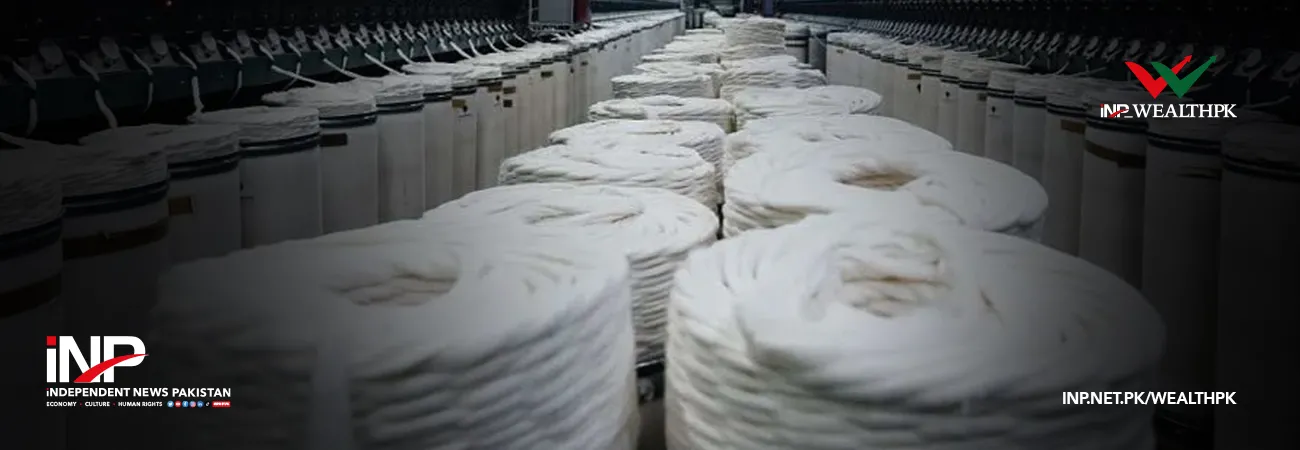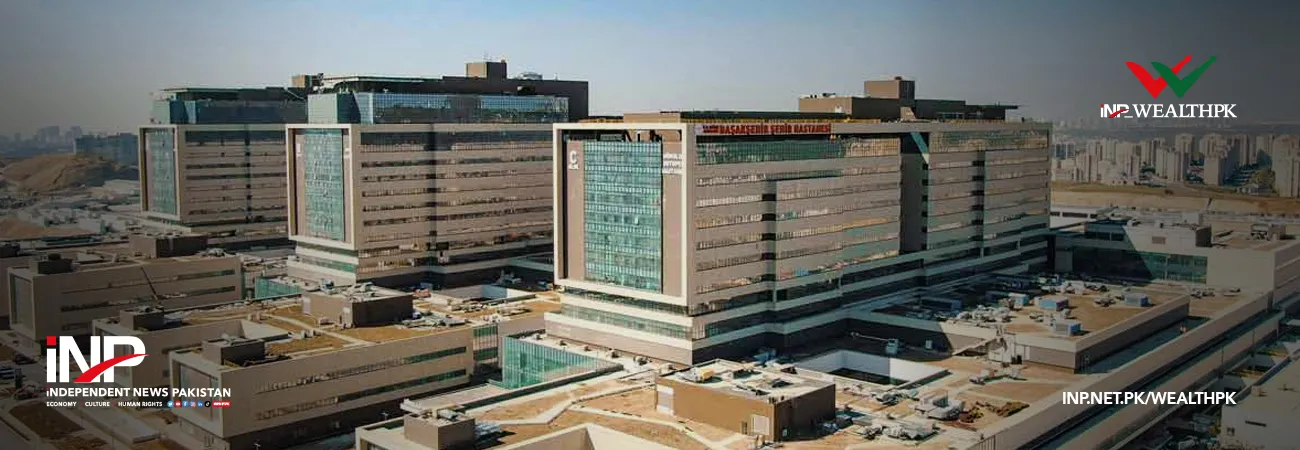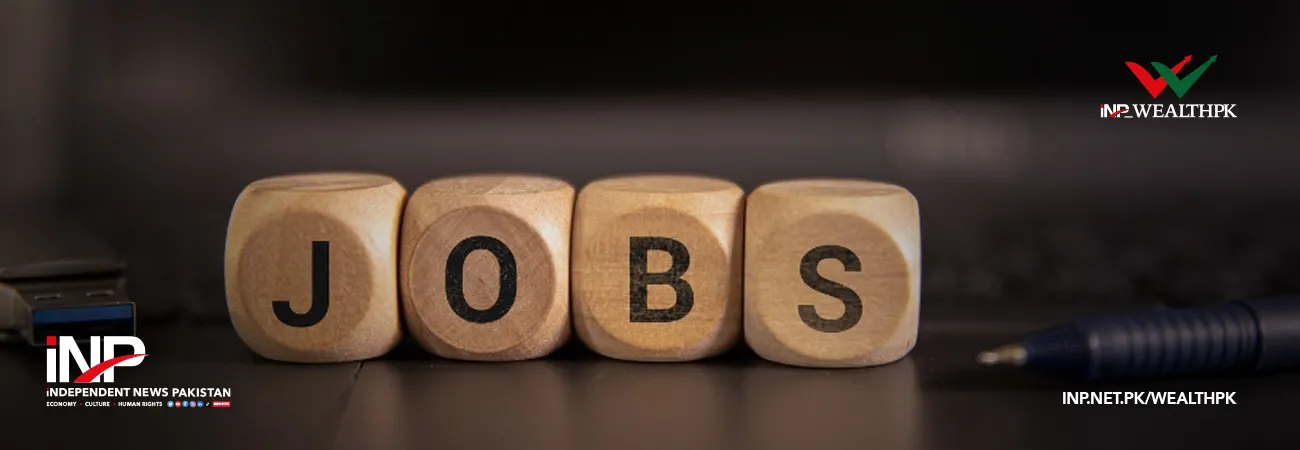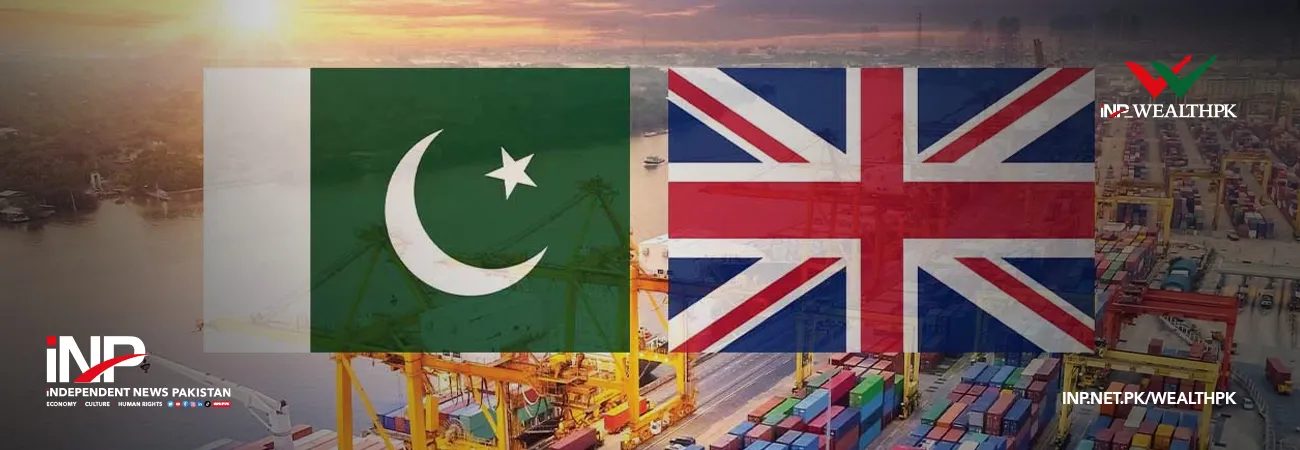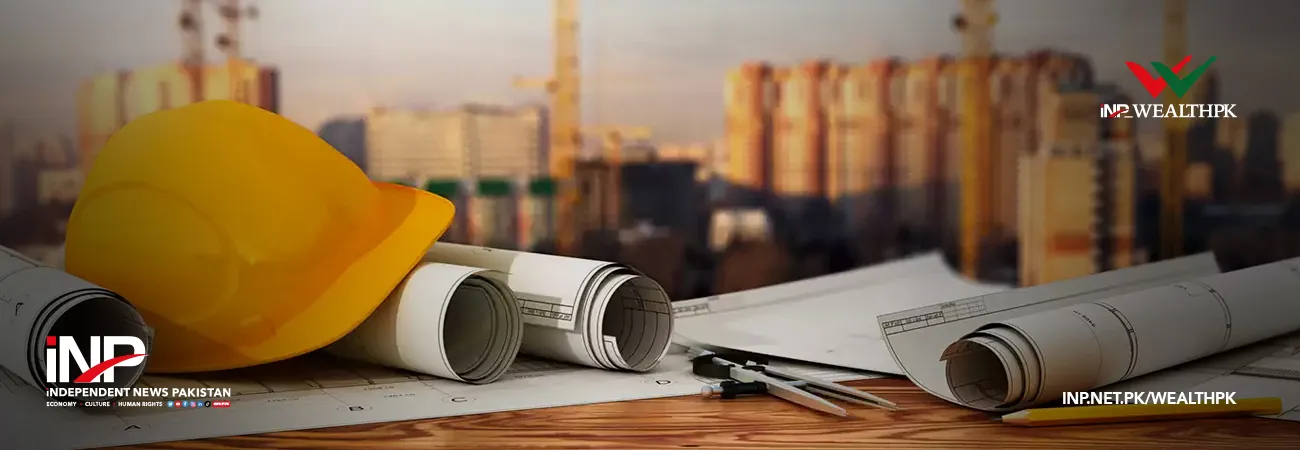INP-WealthPk
Muhammad Saleem
Slow business activities, high cost of energy, and rising interest rates are leading the textile exporters and industrialists to a financial crunch. Muhammad Amir, a textile exporter, told WealthPK that it's ironic that the authorities meticulously prepared for negotiations with the International Monetary Fund (IMF), yet they neglect the pressing issues crippling the textile sector. “The textile sector is playing an important role in the economy, earning foreign exchange, creating jobs, and supporting allied industries. However, despite repeated requests by entrepreneurs, nothing is being done to resolve the genuine issues plaguing the sector,” he added. He said it's the prime duty of the state-run departments to check why the Pakistani industrialists are facing financial crunch and finding it hard to operate. He said sooner or later the challenges facing the industrial sector will have to be addressed.
This is the only way forward to get rid of unemployment and the economic crisis hitting Pakistan. Ali Hassan, another textile exporter, told WealthPK that multiple factors are hitting the business activities. He said high rates of energy, surging raw material costs and a general sense of uncertainty are the major concerns. “The production costs are increasing significantly with every passing day, making it difficult for the business community to compete with the rival countries,” he said. “Industrialists need viable policies, not superficial solutions. However, it seems policymakers prefer superficial approaches over prioritizing the industry’s real issues,” he added. “As a businessman, I am perplexed about how the government will ensure a sustainable economy without resolving the core industrial challenges,” he said. He urged the government to investigate why scores of industrialists are facing financial difficulties and how we can move forward following the emerging challenges.
He said high interest rates are posing challenges to business activities. Investors are reluctant to take risks in the current circumstances. Instead, they prefer to keep their money in banks where they can earn profits without facing any risks. The economy will face ripple effects due to changes in investment behavior, he said, adding that policymakers should discourage this trend, which hinders business growth. A sluggish economy benefits no nation, and the increasing risk aversion among investors will be detrimental to Pakistan’s business interests. Muhammad Amir said the prices are high and the production is low. How will the exporters of Pakistan survive in the international market where India and other countries are actively supporting their entrepreneurs? In such circumstances, he said the regional competitors will outclass Pakistani exporters. He said the industry needs a smooth supply of electricity and gas. However, disruption to the supply chain is hitting the production line and driving up costs.
Zia Ahmed, an industrialist, said due to the financial constraints, entrepreneurs are not in a position to navigate these challenges alone. “We need the government's support to get rid of the plaguing problems and excel in the international market,” he added. “We understand Pakistan does not need expensive fossil fuels, and it has to adopt renewable energy solutions. It's the responsibility of policymakers to explore the cutting-edge methods to reduce dependence on the expensive energy sources, he suggested. “Without ensuring collaborative efforts, we cannot put the industry on the right track. Financial institutions, entrepreneurs and policymakers must develop a joint strategy to tackle these challenges. A strong and competitive industrial base is essential for entrepreneurs, the workforce and the overall economy,” he suggested.
Credit: INP-WealthPk



